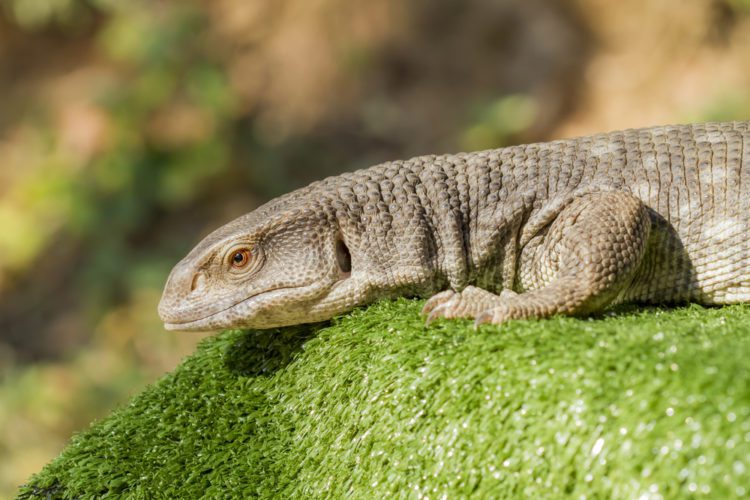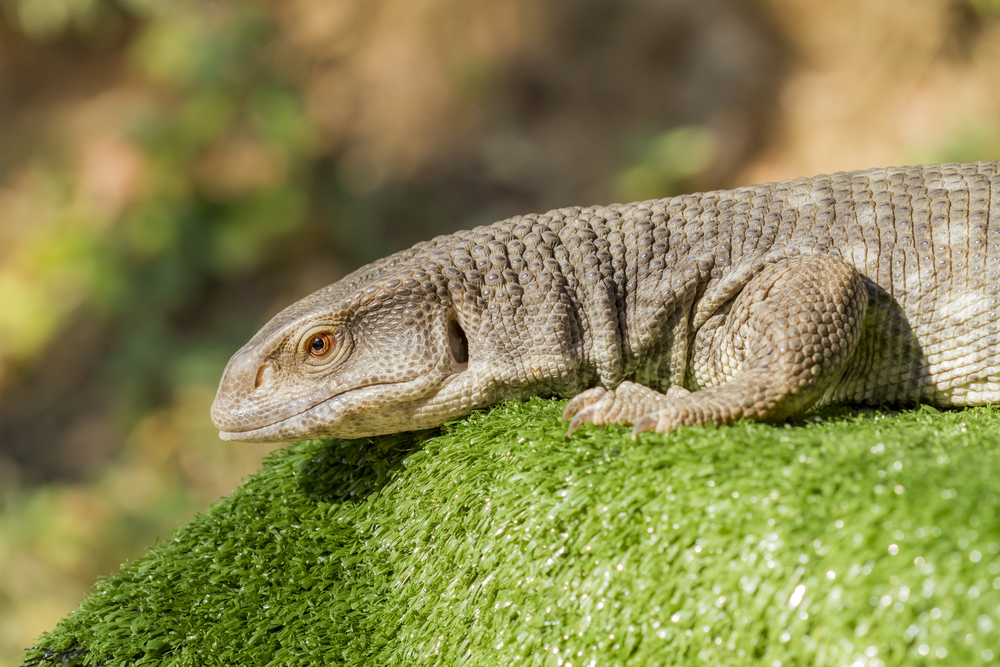| Disclosure :As an Amazon associate, we earn from qualifying purchases. We do not intend to provide veterinary advice. While we provide information resources etc, the content here is not a substitute for veterinary guidance. |
Discover
- Afador
- Affenhuahua
- Affenpinscher
- Afghan Hound
- Airedale Terrier
- Akbash
- Akita
- Akita Chow
- Alaskan Klee Kai
- Alaskan Malamute
- American Eskimo Dog
- American Foxhound
- American Hairless Terrier
- American Leopard Hound
- American Pugabull
- Amphibians
- Anole
- Ba-Shar
- Ball Python
- Basset Hound
- Beagle
- Bearded Dragons
- Bulldog
- Chameleon
- Chinese water dragon
- Coonhound
- Corn snake
- Crested Gecko
- Dogs
- Ferret
- Foxeagle
- Frogs
- General
- Gerbil
- Guinea pig
- Hedgehog
- iguana
- leopard gecko
- lizards
- Rabbit
- Reptiles
- Savannah Monitor
- Tortoise
- Turtle
Recent
5 Best Bones For Basset Hound
September 3, 2024
5 Best Automatic Dog Feeders For Basset Hounds
September 3, 2024
© 2020 Mypetcarejoy - Premium tips for your Pet Care.





